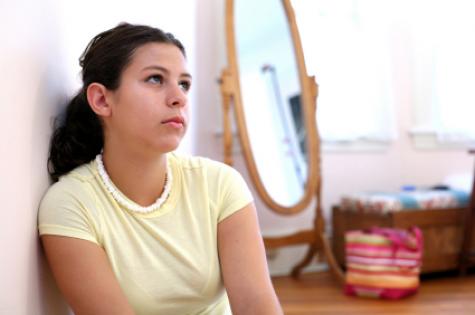Best-selling Australian author and educator, Steve Biddulph, says a “greedy corporate world” increasingly sees girls – particularly those in the pre-teen group – as soft targets to be exploited.
In his new book, entitled Raising Girls, Mr Biddulph said girls were being forced to grow up too quickly and warned that parents had failed to protect them from external pressures.
The book is described as both a detailed guidebook and a passionate call-to-arms.
Mr Biddulph’s worldwide bestseller Raising Boys helped many parents understand their sons, but he says it is now girls who are in trouble with a bombardment of pressures and information that constantly erodes their confidence.
He believes that parents should take a number of steps to safeguard their daughters, including restricting access to television, banning gadgets from the bedroom and organising more family time with grandparents and other relatives, he claims.
The comments come amid continuing concerns over the extent to which childhood is being eroded by the pressures of modern life.
In his new book, Mr Biddulph says: “Problems such as eating disorders and self-harm, which once had been extremely rare, were now happening in every classroom and every street.
“But more than this, the average girl was stressed and depressed in a way we hadn’t seen before.”
The book, which is available from 17th January, warns that girls are living in “enormous pain and confusion”, leading to an increase in alcohol and drugs.
“Never before has girlhood been under such a sustained assault, ranging through everything from diet ads, alcohol marketing and fashion pressures, to the inroads of hard pornography into teenage bedrooms,” he says.
Mr Biddulph says that companies have become aware of the “enormous profits to be made in exploiting their anxieties (or, in fact, creating those anxieties) about everything from skin to weight to friendships to clothes”.
Mr Biddulph also claims that parents have not devoted enough time to their daughters.
The issues covered in the book including bullying, eating disorders, body image, depression, alcohol, drugs, social media and relating to boys appropriately.
He says that young women are growing up much quicker than their parents – even those parents who are relatively young.
“To understand our daughters, we have to realise that their childhood is not like ours. To put it bluntly, our 18 is their 14. Our 14 is their 10.”








 Agree (0)
Agree (0) Disagree (
Disagree (











__small.png)










